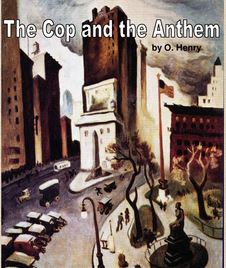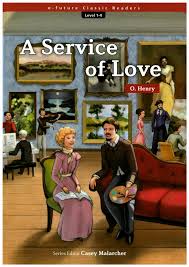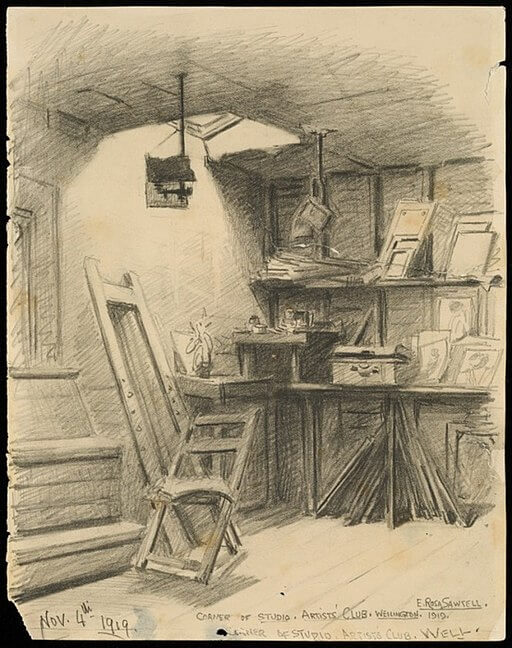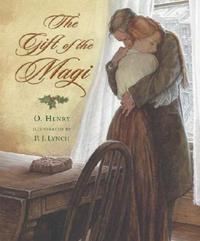داستان کوتاه A Municipal Report صفحه 2
تعداد بازديد : 844

I stepped off the train at 8 p.m. Having searched the thesaurus in vain for adjectives, I must, as a substitution, hie me to comparison in the form of a recipe. Take of London fog 30 parts; malaria 10 parts; gas leaks 20 parts; dewdrops, gathered in a brickyard at sunrise, 25 parts; odour of honeysuckle 15 parts. Mix.
The mixture will give you an approximate conception of a Nashville drizzle. It is not so fragrant as a moth-ball nor as thick as pea-soup; but 'tis enough - 'twill serve. I went to an hotel in a tumbril. It required strong self-suppression for me to keep from climbing to the top of it and giving an imitation of Sidney Carton. The vehicle was drawn by beasts of a bygone era and driven by something dark and emancipated.
I was sleepy and tired, so when I got to the hotel I hurriedly paid it the fifty cents it demanded (with approximate lagniappe, I assure you). I knew its habits; and I did not want to hear it prate about its old 'marster' or anything that happened 'befo' de wah.' The hotel was one of the kind described as 'renovated.' That means $20,000 worth of new marble pillars, tiling, electric lights and brass cuspidors in the lobby, and a new L. & N. time table and a lithograph of Lookout Mountain in each one of the great rooms above. The management was without reproach, the attention full of exquisite Southern courtesy, the service as slow as the progress of a snail and as good-humoured as Rip Van Winkle.
The food was worth travelling a thousand miles for. There is no other hotel in the world where you can get such chicken livers en brochette. At dinner I asked a negro waiter if there was anything doing in town. He pondered gravely for a minute, and then replied: 'Well, boss, I don't really reckon there's anything at all doin' after sundown.' Sundown had been accomplished; it had been drowned in the drizzle long before. So that spectacle was denied me. But I went forth upon the streets in the drizzle to see what might be there.
It is built on undulating grounds; and the streets are lighted by electricity at a cost of $32,470 per annum.
















